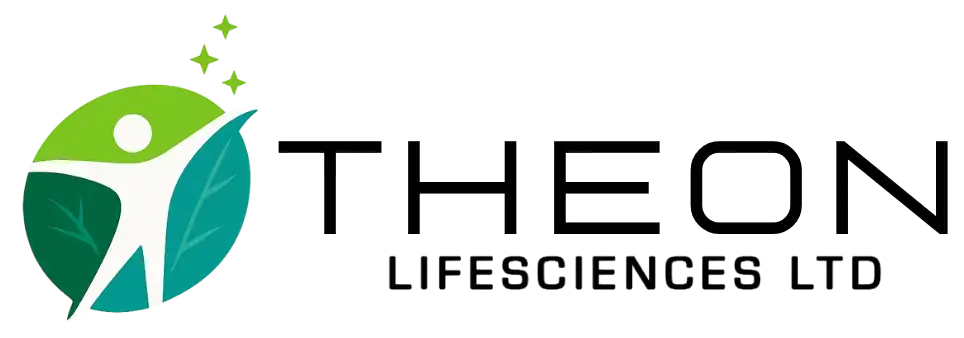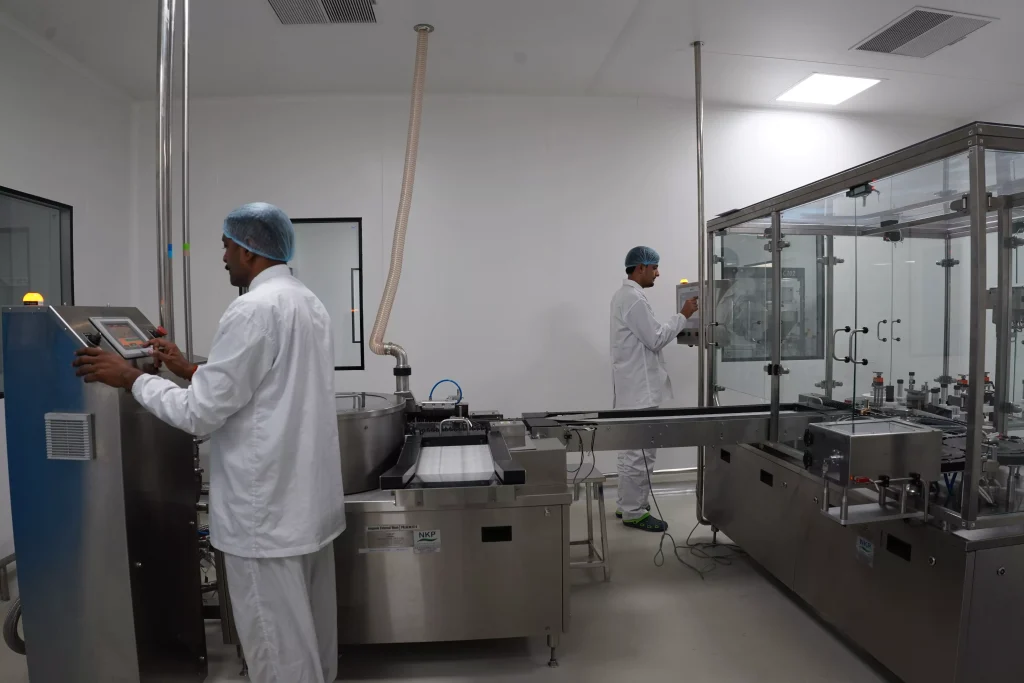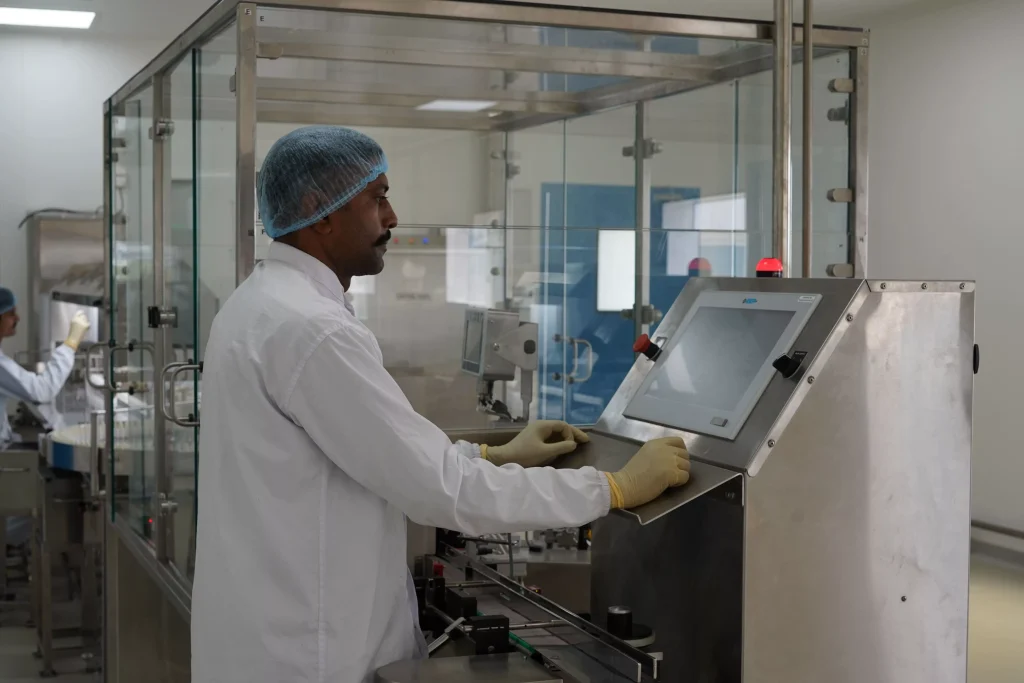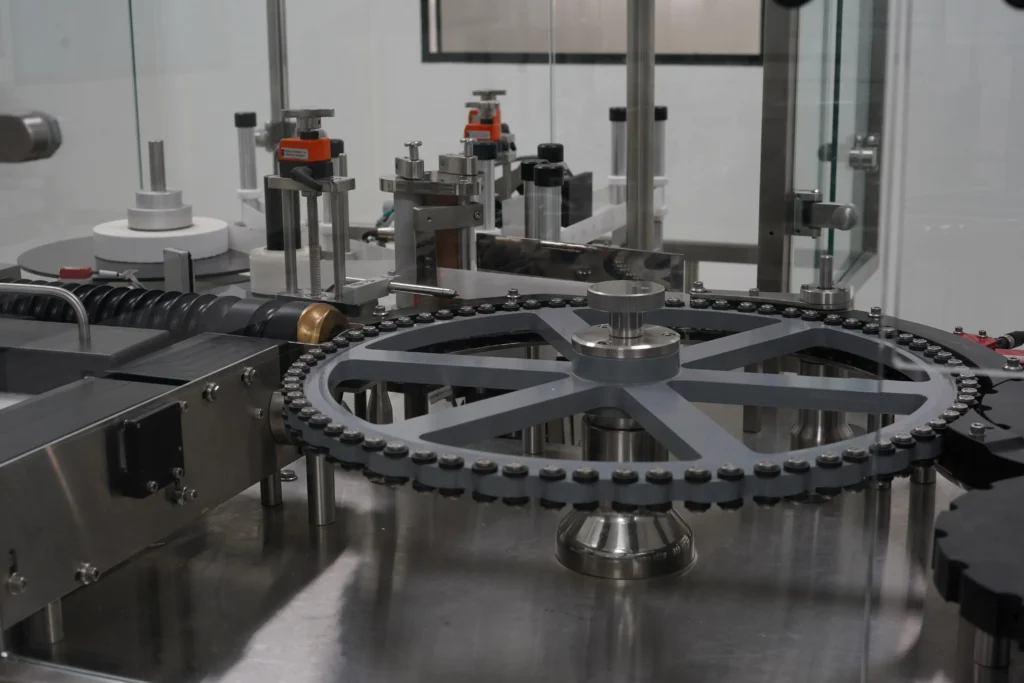The increased demand for advanced biologics and biosimilars in 2025 will influence the growing demand for sterile injectable manufacturing, as a result of customized medicine and the treatment of chronic diseases. The need for effective digital quality systems that comply with regulations, the continuous development of patient-centered delivery systems such prefilled syringes, and increased automation and the use of artificial intelligence in production and quality assurance are some of the major themes the pharma sector is considering. Local, and secure manufacturing is becoming more and more popular due to geopolitical trends. Therefore, diverse supply chains and onshoring will continue to be top considerations.
Entering 2026, several structural shifts are shaping the future of sterile manufacturing; from advancements in formulation science to evolving regulatory expectations. This article highlights the key trends defining this sector and how facilities such as Theon Lifesciences are positioned to meet global requirements.
Sterile Injectables Increasing Demand
The global demand of the sterile injectables CDMO market size is calculated at USD 4.73 billion in 2025 which is now forecasted to reach USD 10.91 billion by 2034. Sterile injectables remain a foundational component of modern therapeutics due to their:
- High bioavailability and rapid onset of action
- Critical role in acute care and chronic disease management
- Widespread use in hospital and emergency settings
- Compatibility with advanced biological therapies
Global demand continues to increase, driven by:
- Growing prevalence of diabetes, oncology, autoimmune, and cardiovascular conditions
- Expansion of hospital and critical care infrastructure.
- Rising preference for ready-to-use (RTU) formats to minimize compounding risks.
- Growing biologics and biosimilars pipeline, where injectables remain the preferred delivery system.
These factors collectively position sterile injectables as a strategic growth segment for global manufacturers.
Shift Towards More Complex and Advanced Formulations
The sterile injectables market is evolving from traditional small-molecule formulations to more advanced, specialized products. Key growth areas include the following categories:
- Biologics and Biosimilars
Large-molecule injectables are produced under strict aseptic conditions and rely on advanced containment and cold-chain management.
- Peptide and Hormone-Based Forms
These formulations require high purity, controlled environments, and specialized analytical capabilities.
- Long-Acting Injectables (LAIs)
LAIs are being exploited more frequently in psychiatric, infectious disease, and chronic therapy areas, and require sophisticated formulations and fill technologies.
- Liposomal, Nanoparticle, and Targeted Delivery
These technologies provide a more efficient therapy, and require sterile manufacturing capabilities.
This move towards complex therapies increases the demand for compliant and modern, innovative manufacturing systems.
Increasing Expectations from Global Regulatory Agencies
Regulatory authorities such as USFDA, EMA, MHRA, and TGA continue to elevate compliance standards, particularly for aseptic processing.
Key regulatory expectations include:
- Enhanced aseptic process control strategies
- Restricted human intervention within Grade A/B zones
- Expanded use of automation, isolators, and RABS
- Robust media-fill validation and environmental monitoring
- Strong data integrity frameworks and traceability systems
As agencies become more stringent, manufacturers must demonstrate predictive, preventive, and continuously improving quality systems.
Theon Lifesciences’ sterile infrastructure, quality systems, and in-house analytical capabilities are designed to align with these global expectations.
Automation and Pharma 4.0 Transforming Sterile Manufacturing
Manufacturing efficiency and compliance depend increasingly on digital and automated systems. Key trends shaping sterile injectables in 2026 include:
- Automated aseptic filling and stoppering
- Visual inspection using machine vision systems
- Electronic Batch Records (EBR) and paperless documentation
- MES and SCADA integration for real-time monitoring
- Predictive maintenance enabled by IoT
- End-to-end traceability across production and supply chain
Reduced manual intervention not only enhances sterility assurance but also ensures consistency, scalability, and audit readiness.
Why Theon Lifesciences Is Strategically Positioned for the Future
With our state-of-the-art facility and regulatory-first approach, Theon Lifesciences is aligned with the future demands of sterile manufacturing. We focus on
- International-Standard Sterile Infrastructure: 4,55,000 sq. ft. USFDA-, WHO-GMP-, and ISO-compliant facility designed for global supply.
- Automated High-Speed Filling Lines: Minimized human contact for improved sterility assurance and operational efficiency.
- Capability to Manufacture Complex and High-Potency Injectables: Including biologics, peptides, hormones, and specialized injectable formulations.
- NABL-Accredited Analytical Laboratories: Supporting chemical, microbiological, and stability testing under stringent quality systems.
- Strong Focus on Compliance and Data Integrity: Digitalized quality systems ensure reliability, traceability, and audit readiness.
- Scalable Capacity to Support Global Demand: Designed to meet the volume and quality expectations of regulated and emerging markets.
These strengths position Theon Lifesciences as a reliable partner for international organizations seeking high-quality sterile injectable manufacturing solutions.
Conclusion
As the pharmaceutical industry continues to advance, sterile injectables will remain central to next-generation therapy delivery. With increasing complexity in formulations, stricter regulatory frameworks, and growing global demand, manufacturers must prioritize compliance, automation, and technical capability.
Theon Lifesciences’ infrastructure, quality systems, and scientific expertise ensure it is well-equipped to support global partners and meet the evolving requirements of sterile injectable manufacturing in 2025 and beyond.



